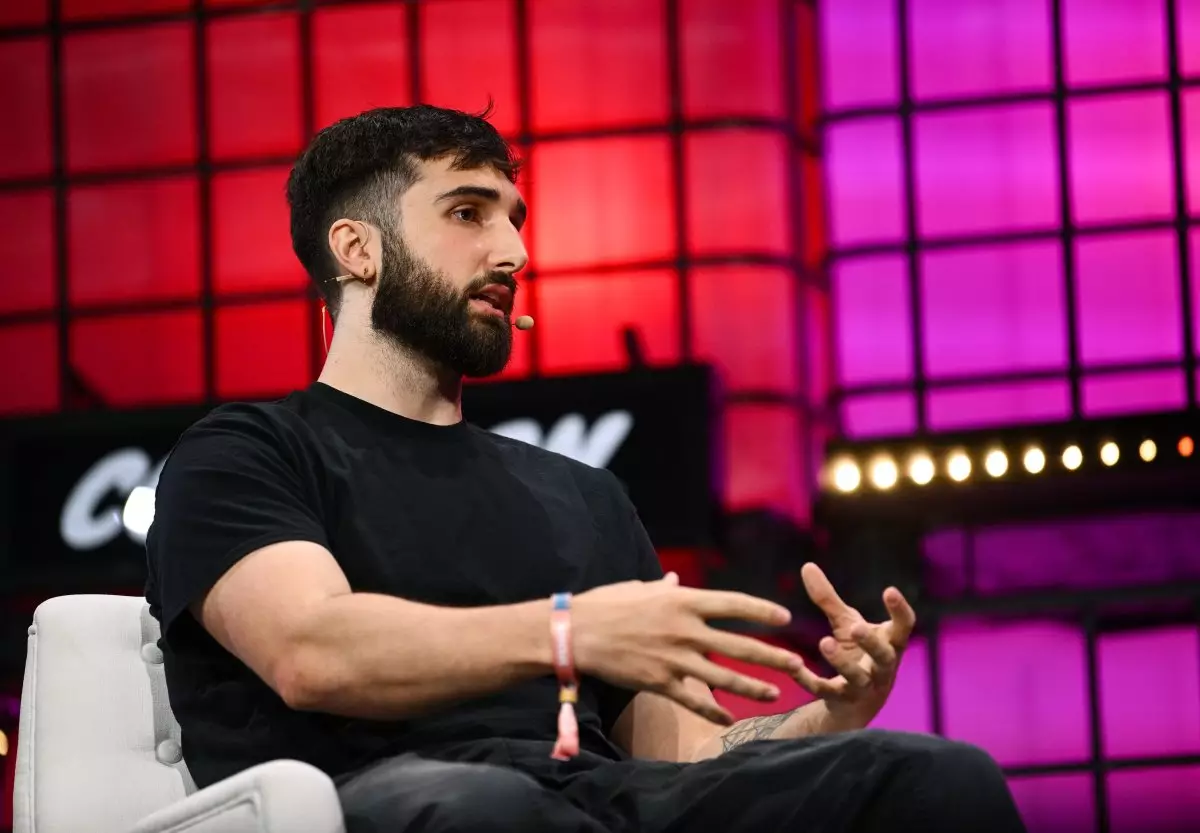The recent appointment of Aidan Gomez, the dynamic co-founder and CEO of the generative AI startup Cohere, to the board of directors at EV manufacturer Rivian marks a pivotal moment in the intersection of technology and automotive innovation. This strategic decision could potentially elevate Rivian’s ambitions beyond simply manufacturing electric vehicles, positioning it as a formidable powerhouse in software development within the automotive landscape. As electric vehicles increasingly dominate the market, companies that leverage emerging technologies, such as artificial intelligence, will hold a significant edge, and Rivian is keenly aware of this.
Aidan Gomez: A Trailblazer in AI
Gomez brings with him not only a wealth of experience from his time at Google Brain, where he worked alongside the luminaries of deep learning, but also his pioneering contributions to generative AI. The landmark paper he co-authored, “Attention Is All You Need,” fundamentally changed the landscape of machine learning and set the foundation for contemporary AI systems. By incorporating Gomez’s expertise, Rivian demonstrates its commitment to integrating cutting-edge technology into its operations, illustrating that the future of automotive success hinges on software as much as on hardware.
The Promise of AI in Automotive
The synergy between AI and electric vehicles has the potential to revolutionize the user experience, from enhancing navigation systems to creating personalized driving environments. Rivian’s developing AI assistant represents a crucial leap towards this vision. This initiative aligns perfectly with the growing trend of automakers leveraging AI to build bespoke solutions that can adapt to users’ needs and preferences, ultimately fostering a closer bond between driver and machine.
The recent $5.8 billion joint venture with the Volkswagen Group further exemplifies Rivian’s forward-thinking approach. This partnership not only allows Rivian to share its expertise in electrical architecture but also opens avenues for collaborative development of software. By positioning itself as a software leader, Rivian aims to license its innovative intellectual property to not just Volkswagen’s brands but potentially to other stakeholders in the industry. Such a model could lead to significant revenue streams, and the implications for competitive advantage are substantial.
Looking Ahead: Future of Transportation
As Rivian traverses this new territory, the implications of incorporating AI into its operational framework is monumental. The automotive industry finds itself at a crossroads where innovation is paramount. By seizing the opportunities presented by AI, Rivian is not just playing catch-up in a rapidly evolving market; it is actively driving the narrative forward. The focus on creating an advanced orchestrating layer for AI technologies indicates a commitment to ensuring that their vehicles are not only environmentally friendly but also equipped with the most advanced user-centric technologies.
The implications of Gomez’s addition to the board extend beyond immediate operational gains. They signify Rivian’s dedication to a future that champions sustainable innovation. In doing so, Rivian not only aims to transform the driving experience but also to redefine the standards of excellence within the automotive realm. Ultimately, it is a bold statement that mirrors the transformative power of technology in shaping a more sustainable and intelligent transportation future.

